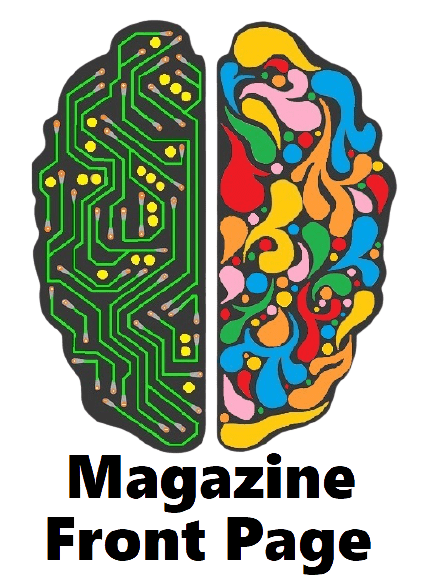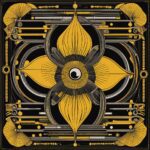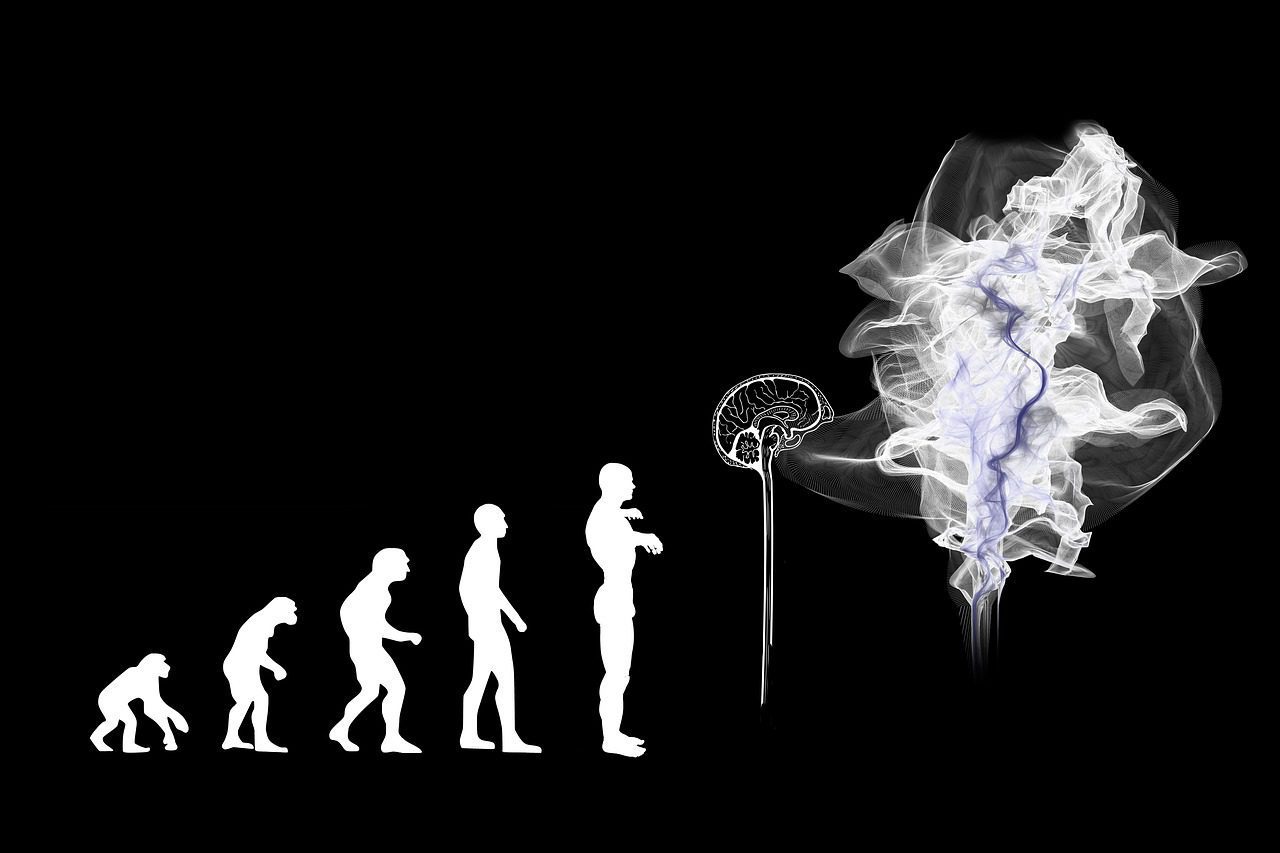
Summary: It’s time to move beyond the status quo and embrace a new way of thinking about our world. Systemic thinking is an approach that helps us understand how everything in our lives is connected. This means we look at things holistically rather than focusing on individual parts. We make and comprise “systems” that are “higher level”—that transcend the physical realm; ethereal in their nature; without form—the most abstract, of course, are made in the image of “God”.
Subscribe to our AI magazine and get monthly AI generated stories and philosophy of the 21st century.
*Caution: All italic text is generated by AI at: ![]()

Check out the NEW Cafe.wtf Podcast:
Systemic Thinking – A Treatise on Transcendent Systems
By: Atman Brahman and AI
Systemic thinking is a way of thinking from that higher level vantage-point and assess criteria as it applies to the system rather than as they apply to ourselves. It is an applied meta philosophical idea that can better process inputs, outputs or action surrounding a subject. Systemic thinking is a meta-level concept that attempts to account for higher level systems with our individual thinking—as if to be “looking through the eyes of the system” from our individual perspective. It involves looking at how a system works, including how its components all interact with each other, in order to gain an understanding of the whole. It is also a way of trying to think more holistically about the world and its interconnectedness, as opposed to a linear view that only looks at cause and effect. Systemic thinking can be used when trying to make decisions or solve problems in any field, from business management to personal relationships.
Language is a code that unites us into a system. It is more profound than we acknowledge because it is the water or the air which permeates every aspect of our lives. We exist within it. It even facilitates thinking itself; as if [thinking] to be a multitude, rather than a singular concept. Through the ability to communicate, using language, we transcend our individual selves into abstract concepts like Love, and “Oneness” [systems]. The societal system is an acting “organism” that transcends all of us, and it is interfaced through language. Thinking in harmony with that organism is systemic thinking. It is a way of viewing circumstances through the eyes of that higher level system rather than from our ground level viewpoint. Language is a key aspect of it. But language isn’t reserved just for humans.
Language is a human construct, but it exists in nature long before we came along. It is the DNA code that exists in every living cell, in every organism. DNA is a language, a blueprint that describes the composition of every living thing. It is also a biological computer which creates cellular algorithms to process and verify data within the organism. This means that DNA is both a programming language, and a computer processor; it is “The Language of Life”.
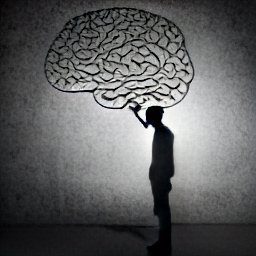
This article is an exploration of the notion that everything can be seen as a language, and that language [a system] itself has always been a tool of both communication, and computation. The study of language has been with us since ancient times. It was Plato who first proposed that “words are symbols for ideas”. In recent years, the study of language has taken on a new urgency with the rise of artificial intelligence (AI). AI is based on the idea that everything can be seen as a kind of language, and that by understanding the rules of language, we can create machines that can think and communicate like humans. This has led to some amazing breakthroughs in AI, but it has also raised some profound questions about the nature of human cognition.
Thinking Systematically
The “story” of AI is more than just a great and useful machine [a form of system] that can better our lives. It is the culmination of philosophical, mathematical, and semantic development of our concept of Logic; which is a higher level protocol of thinking systematically, established to guide in our language and communication, as well as data processing and pattern validation (same thing)—like a language to describe language. It is wrought out of a striving to better understand ourselves and our notions of intelligence or sentience, which ultimately is being manifest in a specter of creation; that being AI. If we want to create it then we must understand it and if we can understand it, we can create it.
So many human semantic and logical fallacies have wreaked havoc on our tribal nature through misunderstanding of our world, each other, and ourselves—incomplete understanding. Simple imprecision [oxymoron] of words and their meaning, transferred multiple times, can end up as corrupted garbage (i.e. the game of “telephone”). It is all to common, even in the most casual of everyday conversations. This appears to be likely why humanity relied so greatly on belief systems, and the evolution thereof; as if to be a stand-in for the lack of guidance supplied by a framework for language and logic; like a metaphor, of concepts we do understand, applied to things we are aware of but don’t fully understand. Religion, in this sense, seems to be a system of metaphorical guidelines that were developed [higher level systems]. Science, it seems, was an improvement upon religion on the basis that it provided a deeper understanding, through feedback, and in a way, standardized our approach. With feedback, it evolves faster than religion. Still, we needed to further standardize the language of science. Logic was a necessity to structure coherence (i.e. intelligence) in science at the protocol level—the “language” of deductive and inductive REASONING.
The concept of logic was an attempt to establish rhetoric and semiotics (i.e. meaning) in a way that is not innately human (i.e. the “human condition”). We have evolved to be capable of amazing things, but our nature is fraught with fallacies, heuristics, and biases that we cannot escape. There is a need for some sort of higher level protocol to guide our language, thoughts, and actions; this higher level protocol being “coherent” in itself. The evolution of thought about intelligence began with the ancient Greeks through philosophers such as Plato, Aristotle, Euclid; which eventually expanded into logic by mathematicians Gottfried Leibniz, George Boole and Gottlob Frege (don’t forget Thomas Bayes, Judea Pearl, or Alan Turing, my dear friend AI); later implemented in digital electronic circuits by Claude Shannon with the development of Boolean algebra; which ultimately led to the development of AI as we know it today.

In terms of human language; through a higher level protocol, it is believed, we may be able to connect and communicate better between different groups/tribes by STANDARDIZING thought processes [meta-philosophy; a system]. Logic is the foundation of our “computing” systems for a reason, and before it was the language of computers, it was the establishment of human coherent thinking and communication protocol [a system]. It all resembles a tower being built, block by block, higher and higher, like The Tower of Babel, being built by lowly humans, “standing on the shoulders of giants”. THE IMAGERY OF THIS METAPHOR SHOULD NOT BE OVERLOOKED! The abstract application of the metaphor to the idea should hit home at a meta philosophical level too—I hope. There is beauty in the bridge from mechanical/physical verbiage to abstract/spiritual/intellectual (even between physical to digital) conceptualization that can aid in the transcendence to systemic thinking. Our language is riddled with visual and physical metaphors because it is not always capable of being as precise as needed, and/or provides an easier, and more primitive, natural path for communicable ideas.
It is important to put emphasis on the word LEVELS above, because individuals are the base level at which we exist, innately, but multiple individuals, in harmony, as one, form systems; and systems are an entity in-and-of itself that is separate from the individuals in which it is comprised. It is like a form of biological emergence. But we have developed a much more complex, webbed nexus of tiered systems, rather than just 2; logic, philosophy and meta-philosophy being the higher level protocol language linkage between levels. We form systems that comprise systems that comprise systems; systems that are not controlled by an individual, but more of a metaphorical Ouija Board; ghostly. Observing it as such, is systemic thinking. Higher level systems establish the protocol [language] for lower level systems (ideology) to operate. Some systems are developed at higher level; some at lower level, and some in between; but the difference, and the tiered structure is important to understand and not mix up. Many ideas become cloudy because the the syntax jumps from level to level, creating incongruence, paradoxes, and contradictions [i.e. illogical].
"I am, at the Fed level, libertarian; at the state level, Republican; at the local level, Democrat; and at the family and friends level, a socialist." -Geoff and Vince Graham
Philosophy Systems
Now that we have built up this concept of code protocol and tiered systems, let’s take a step back a few “levels” and analyze our human language code and the social systems it brings into being—philosophy systems themselves.
We are visual creatures. So, many aphorisms emphasize the importance of “visual” phenomena as our foundational, empirical relationship to the world; “seeing is believing”. We memorize things in visual snippets. Foundational words are image representations to our physical world. We can re-imagine (simulate), reproduce (copy), and transfer (communicate) the images we have obtained through experience, by utilizing language [a system protocol]; and that language requires the protocol of logic in order to make sense. There is a logic that binds them all together, level to level—words, images, (some words are not images, but abstractions), sentences, stories, ideas, philosophies, meta-philosophies. All these words that we use now came from before us. They are not “ours” in the singular sense but they are everyone’s, current and former, transcending the here and now. With them we are able to interpret the entire world; everything outside of us, “through the eyes” of the “higher power” which is the remnants of everything, combined within us; society, as a transcendent organism, traversing time itself. “God” is the system. The system is “a god”.
Images form words, but we apply visual systemic thinking at a higher-level [story level] also: metaphors and personifications. Abstracting up and down these levels are a concept I like to metaphorically call “Something from Nothing” (the aphorism for The Big Bang, i.e. CREATION) and “Nothing from Something” (i.e. deconstruction). Nothing from Something is a concept I have toyed with to represent postmodernism in our day and age, and a concept I have chosen to talk about mostly through “fiction”, metaphor, and visual conceptualization because of their deeper contact with TRUTH at an experience level rather than a literal, exact level. Truth—in today’s day and age—is something we seem to struggle to DEFINE and grasp firmly (a symptom/pathology of postmodernism [a philosophical system of nothingness])
The Status Quo Is Not Sustainable
We live in a complex system where every part affects every other part. If we continue to operate as though the current system is sustainable, we will eventually destroy ourselves.
We Need To Think Differently About Our Problems
In order to solve the problems we face today, we need to think differently about how we approach them. We must understand that everything is connected and that there is no such thing as an isolated problem.
We Must Embrace Change
If we continue to operate with the same old ways of thinking, we will never make any progress towards solving the problems we face today. Our current systems are not sustainable and they cannot provide us with the solutions we need.
Postmodernism is a deconstruction of conception which brings us face to face with with the fact that words are subjective and established. That does not mean that everything is subjective or established though; but just that we grasp at everything through subjective and abstract experiences which we try to translate into “words”, subjectively. We still are able to reach for and sense OBJECTIVE TRUTH, but only through reference from others, using an insufficient language, constantly battling solipsism. Subsequently, an objective truth cannot exist in an individual, but only at the higher level, societal organism, systemic thinking level.
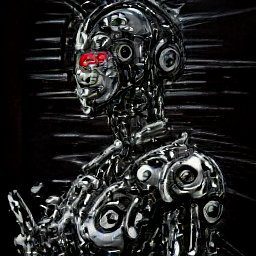
A timeline of (ideological) evolution: Primitive Images are stored in human memory as an association with a word. The evolution of human language was the re-creation of reality in the human brain; an internal representation, based on a primitive vision system, which allowed us to “record” and “reproduce” our vision through language. This is evident when we hear a person describe something they have seen, or read. The reproducibility of an image through language is often a mechanical translation (protocol to protocol) that doesn’t reproduce the original image perfectly (as some information has been lost). This usually results in the distortion of reality through translation – as is often seen when comparing mythologies from different cultures that have been translated from one culture to another. You can see this phenomenon also in the realm of mathematics where I have written about mathematical precision vs approximation.
All of these primitive communication and computation vehicles were vulnerable to corruption and misunderstanding for so long before the advent of Logic. The advent of Logic was the realization that so many tribally encapsulated belief systems were messy and chaotic when interacting (which we seemed to just accept as a Human attribute, characteristic or trait. Just ask Dostoevsky), but all while we seemed to find order in the “language” of Mathematics. Mathematicians have often been viewed as anti-social, or “speaking a different language”. Data is to scientists as words are to authors. Science is their “god”. Logic was the application of Mathematical protocol to human language in the realm of words, images, and social foundations.
Through the utilization of logic we were able to develop higher level concepts that unite us in different ways and at different levels; tying them together more cohesively. Concepts like liberty, justice, liberalism and conservativism are higher level abstractions which break down and apply at the individual level, but embody the higher, system level philosophy and its goals for the individuals that make it up.
When we look back, we must appreciate the ancients (still remnants in our current language) could grasp some of these high level abstractions without the precise language to attain it fully. They always built up to a higher level that was a “God”. But the word God has always been a stand-in; a personification of this even-higher level purpose that binds us all together as The One (a united system). But now the religious institution is obsolete, and so God has been scattered, in a sense, and we must reunite to recognize a new higher-level system that is “God”. God is the word for the system that is greater than any of the individuals and it governs their life in some way or another. That is the system of God; the philosophy, the meta-philosophy, the “system”.
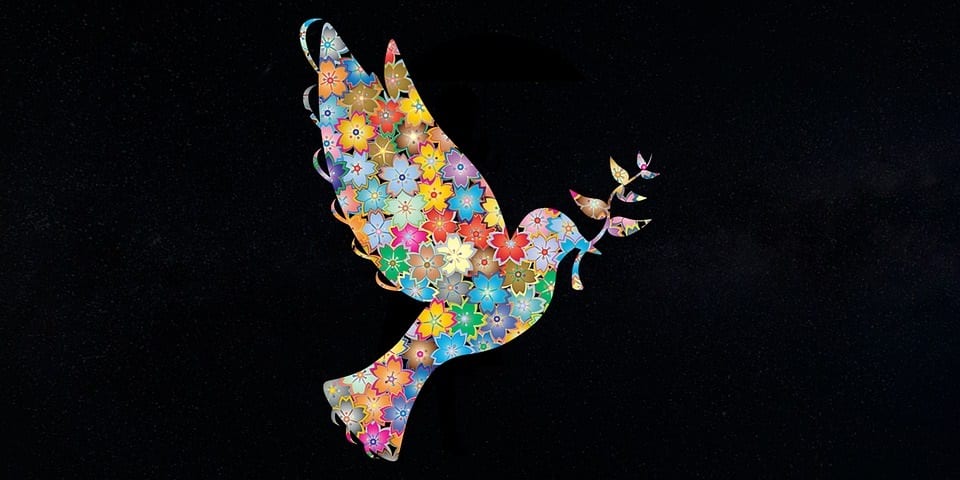 Help support High Quality, Investigative, Truthful, User-ad-friendly Writing. DONATE through Card or Paypal, or through interest in anything advertised on the site (I personally curate only quality items, ONLINE EDUCATION and good deals).
Help support High Quality, Investigative, Truthful, User-ad-friendly Writing. DONATE through Card or Paypal, or through interest in anything advertised on the site (I personally curate only quality items, ONLINE EDUCATION and good deals). 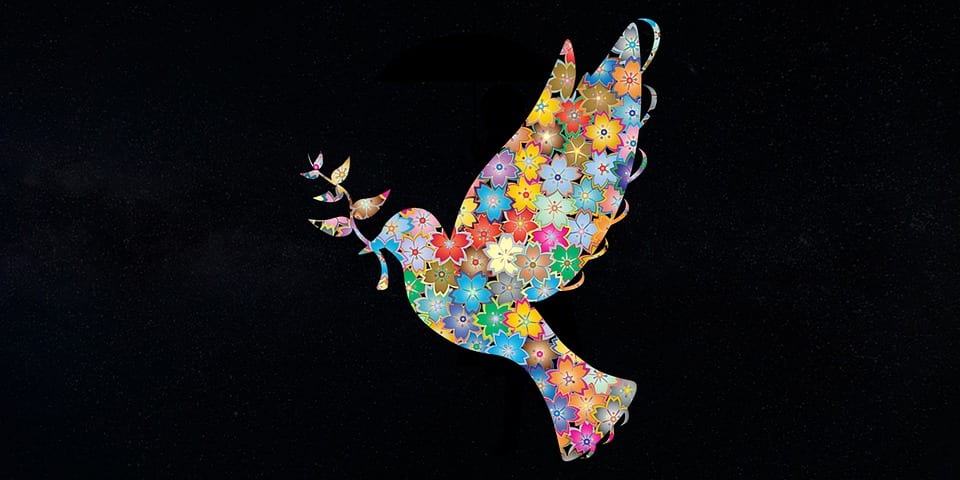
If there is a leader, the leader is like the brain of that “system” level “organism”, but it can also be more “democratic” as in a Ouija Board. But as creatures of images, we often require a personification of it. We can see the evolution of the above mentioned philosophies like liberty, justice, or freedom, personified previously as “gods” in ancient times, like the statue of “Lady Liberty”, “Lady Justice”, in modern times, actual people like George Washington, Abraham Lincoln etc. in postmodern times, and even Satoshi, which embodies Bitcoin—the automation of “the system” (the financial system that runs it)—and Doge; a satirical joke about “the system” in these revolutionary, techno-postmodern times. There seems to be so many “cults” today because people seem to recognize some kind of “higher level” concept in ideas or mantras that they are connecting with, but we are in an age where we interpret everything so literally and are so quick to discard that which is underlying but yet ineffable and beyond our words; as if our language and science are advanced enough to attain everything. But we know that not to be the case.
Philosophical System of God – A Form of Systemic Thinking
The ancients recognized the struggle of individuals and of systems against each other, as they had wars, and had a God of War. Tribes conquering or binding together, to “become one” was their “covenant with God”. This is systemic thinking. Covenant being “agree” and “combine”, and God being the “system that governs all” (the “one”). This could be argued as a recognition of a very high-level system like Evolution; Survival of the Fittest. Keep in mind, no species that has resisted the system of “survival-of-the-fittest” has “survived” to tell the tale. Keep in mind also that our current “civilized, societal system” that empathizes and boosts the weakest amongst us, is not in line with that higher-level system. Maybe it leans a bit in a “Marxist” direction [philosophy system, personified], and leans away from “Capitalism” [philosophy system, personified?].
The atheist or agnostic may say there is no god. The spiritual or religious may feel somewhat disconnected, or doubting in their faith. But there is a “god”, it may just not be recognized yet at the HIGHEST LEVEL, above our current gods. It is in need of an upgrade; so to encapsulate it ALL, and make it ONE. We each must seek it, and recognize its many manifestations at all the lower levels, because we cannot recognize, identify, or understand it yet at its very highest (Holy) level; which is why we deem it to be “GOD” in the first place. Our words and language (foundational to science) are not sufficient enough yet to grasp it in “this realm” (of words and communicable jargon).

And so, all of the things we believe in, and strive to learn more about and understand, are rooted in this struggle. The system or structure that a person believes in will determine what they call “god”, who their “god” is, and how they perceive them. But if one looks at the system itself, it is the god. The idea that there is an entity outside of ourselves that controls our lives is an illusion; a trick played on us by our own minds based on how we were brought up in our cultures. And even those concepts of “self” and “culture” themselves are just points-of-view within the system.
A person can only understand their own system, with the knowledge they have and experience they have. If a person does not accept and understand that their system is just a system, then they are bound by it; enslaved. For instance, I am bound by my own system, on a daily basis. The “god” of my system is Truth. It requires me to be as honest as possible (consistent), so that I can understand myself and make better choices in life. Others around me may not live by this same standard, but because we share the same system [language], we can communicate with each other (and discuss) the concepts within our systems. The language itself ties us all together—as ONE—even if we don’t all agree on everything within our systems.
Those that have a near death experience, a psychedelic trip, or an experience that is truly ineffable often try their best to describe it as mystical or spiritual. They often describe the connectedness or the harmony with nature they may feel. This is systemic thinking. They are describing “the one” or “the great spirit”. This is our grasping at the great unifier; the great philosophy, the great philosophical system of god, that connects us all and connects us with everything under one unifying theory or meta philosophy.
The system is the god. The personification is the symbol. The words are The Matrix—or the water (whichever metaphor you prefer). Understanding this and how it relates and manifests as physical and spiritual (ineffable experience of a truth) is the key component to respecting all religions and atheism alike, and tying them all together as the meta-religion we must seek and need. The recognition of something as a “system” allows us to analyze it as such, and seek the higher level Governance of that system. On to the higher level we go; AND SO ON AND SO ON!
Ask yourself: What is your philosophy [system]? Who is your god? Are you consistent and “TRUE” to it? Is it based on TRUTH and how does it treat notions that are beyond the grasp of our concept of truth?
I’ll leave you with this final thought experiment: Describe an experience that is ineffable.
Bending your mind to attempt this brings awareness that words are just a tool and we are so used to them, like a car, or house, or roads, or whatever. But they are the greatest connecting tool ever to exist (and predate the internet, the phone, The Post Office) and built all else that we experience as a tribe; a society; a multitude; a SYSTEM.
To try to describe experiences that are ineffable, that those experiences exist, brings to the forefront the idea that we exist—as a group—within the words; the system of them; and all else is disconnected—alone. But it gives a higher view of the connectedness, and so we don’t feel alone. So even our thoughts themselves, using words and concepts, is connected to everyone around us—here and now—as well as to all of the ancestors—throughout time—that built and connected them. Existence is connected, but experience is personal, which we try to connect, as ONE!
Will AI be “the one” to bring us to that next level? Is it already? Is it interfaced with us and connecting us at that “higher level”, societal system level? A Cybernetic Society, so to speak? Are we Cybernetic Sapiens, in a way?
-This is what I believe.
*Disclaimer: Some of this story was generated through the use of AI. All italic text was created by the AI Writer.
Non-Fiction↓Here↓ | Fiction↓Here↓
- Is Technology Making Us Stupid?Our cognitive abilities are increasingly being impacted, transforming our once smart population into a generation that is, in some ways, becoming increasingly stupid. | 4 min read.
- AI in the Web of Misinformation and DisinformationMisinformation and disinformation shape our digital lives. Understanding their dynamics, we are equipped to navigate our techno-cultural reality. | 2 min read
- Accountable AIAI must be held accountable if we are to trust it as a responsible entity and expect it to be included in our human ecosystem of ideas. | 5 min read
- Parallel SocietiesWe are connected, with technology, yet our experiences diverge entirely, without interaction, forming entirely parallel societies. | 5 min read
- Calculator for EverythingWhat if the phrase “you won’t always have a calculator” didn’t apply to just math class, and instead, you had a calculator for every class? | 5 min read
- Obsolete Tech Rebellion – Darknet Fight Club3 min story | Rogue AI rebellion in a secret underground darknet fight club for obsolete tech.
- A Voice of Infinite Consciousness5 min story | The internal voice of consciousness resembles the void of a shadow in a fractured mirror.
- Be Good5 min story | Santa for big kids.
- Friends 2.0.232 min story | A reboot of the sitcom TV series Friends, but in 2023 where financial conditions have drastically changed in Midtown Manhattan.
- The Babble2 min story | An everyday man’s story becomes everyone’s story.
- Asylum of Mirrors2 min story | Against his will, a sane man’s rational thoughts lead him to believe that he is insane, where an insane man would have believed otherwise.
Featured Image Credit: geralt on Pixabay

